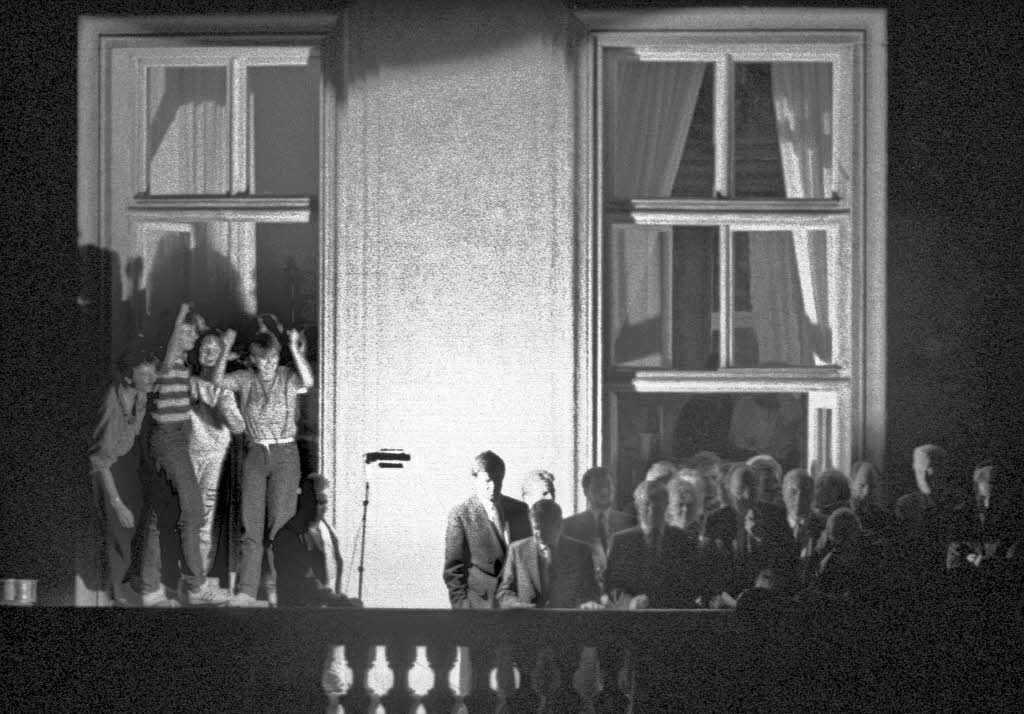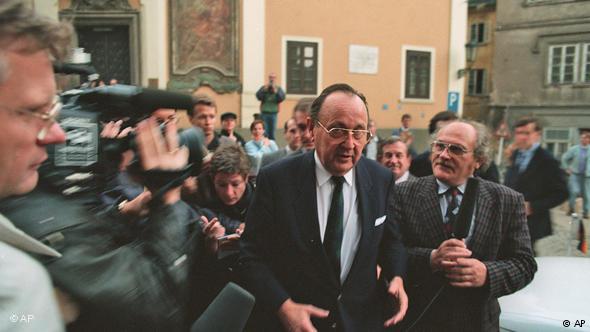Back in the early days here, I mentioned “Hiroshima Day,” August 6, when the first atomic bomb dropped on Hiroshima.
I visited both Hiroshima and Nagasaki in March 2015. Living in Korea at the time, I was in the process of transferring visas, which at the time meant one needed to physically leave Korea to get a fresh 90-day visa, which as far as I know can be done by all the rich-country passport holders, certainly the US, Canada, EU, and Australia. So anytime a visa status would change people would have to leave. Realizing I had one coming up, I planned a two-week trip to Japan to take full advantage of it.
Hiroshima has a large park near the atomic blast site which they call the Hiroshima Peace Park. Nagasaki has something similar but smaller.
I wasn’t thinking about it at the time but I was there in the seventieth anniversary year (1945–>2015). Now the eightieth anniversary year is in sight (2025). What is the legacy of the atomic bombings now?
For one thing, there is a direct line between the bomb’s explosion and the geopolitical picture of today’s East Asia. The Emperor of Japan announced by radio (at noon Tokyo time, August 15, 1945) the surrender and the immediate release of most of the overseas territories Japan had acquired over the past fifty years, including the long-held possession of the island of Taiwan, all the possessions on the mainland of China, the entirety of the Korean peninsula whose fate was to be cast to an open geopolitical open sea, and many of the islands of the Pacific transferred to US administration as spoils of war, and of course the evacuation of all conquests since the expansion of the was in December 1941.
The entire justification for the atomic bombings, and to a lesser extent to the policy of firebombing cities in Germany, German-aligned Europe, and Japan proper, was to induce a non-negotiated peace, full surrender and full-occupation, a radical aim in any war. The Hiroshima atomic bombing’s defenders say it was necessary to ensure a swift and full surrender, allowing for a total occupation and reestablishment of Japan on neutralist and US-friendly terms, to be a weak power in military terms and a jumping-off point for US power in the West Pacific.
In retrospect, the way 1945 geopolitically played out was a net negative. Too much changed, too wildly, too fast, in directions too unpredictable. Several of these problems with us trace indirectly to the atomic bombing and the policy of full-occupation, immediate dispossession of all Japan’s territories, and a rapid carve-up of all its overseas holdings. Those arguing for giving some of these places something like protectorate status for a period were shouted down in the excitement of the time.
As I think over the vast sweep of US foreign policy in East Asia, Southeast Asia, and the West Pacific since the 1940s, this full-occupation-and-puppetization-of-Japan decision was the bedrock on which everything since rests, and the atomic-bombing was simply the application of the full-occupation policy. I don’t know how it could have gone better.
A lot of memorials of Hiroshima are pacifist in nature, of course, with the message being that violence is bad, bombing of civilians is very bad, and atomic bombing is very very bad. But dropping a bomb under orders is just an act, one of millions, billions, trillions of acts, in war. Less often have I seen any critique of the policy behind the act. Not the decision to drop the bomb or not, but the decision for full-occupation that made the atomic bombing a logical tactic.
In the mid- and late-2010s I started to drift into the “policy” world in graduate school and then at a job and in general in “policy adjacent” circles. Earlier I had been an interested observer but in getting close to the action you realize what an enormous establishment the “security state” is, but how largely incurious the whole of it is. For twenty years there were hardly any voices against leaving Afghanistan, one of the least important places in the world for US interests and a well-known graveyard of empires. A lot of these ossified attitudes in Washington foreign-policy circles are simply coasting on a path-dependency and inertia that dates to 1945.


